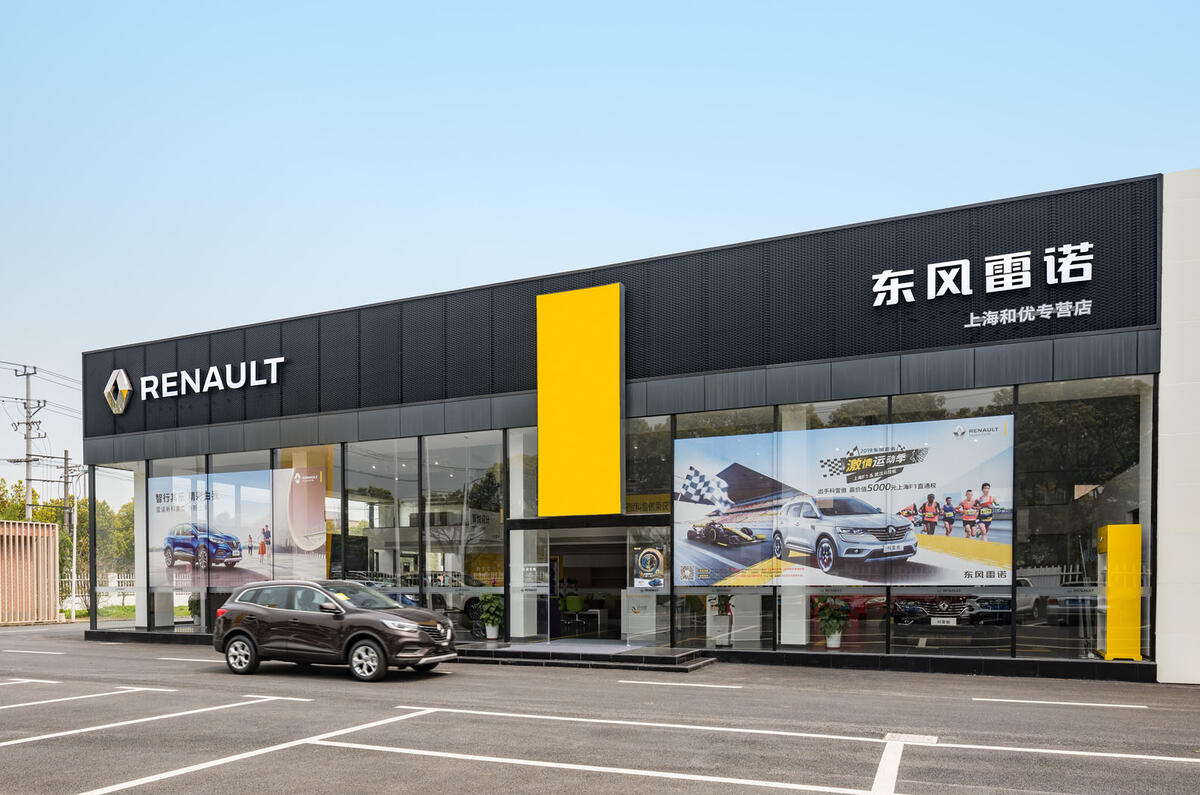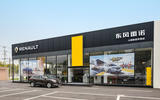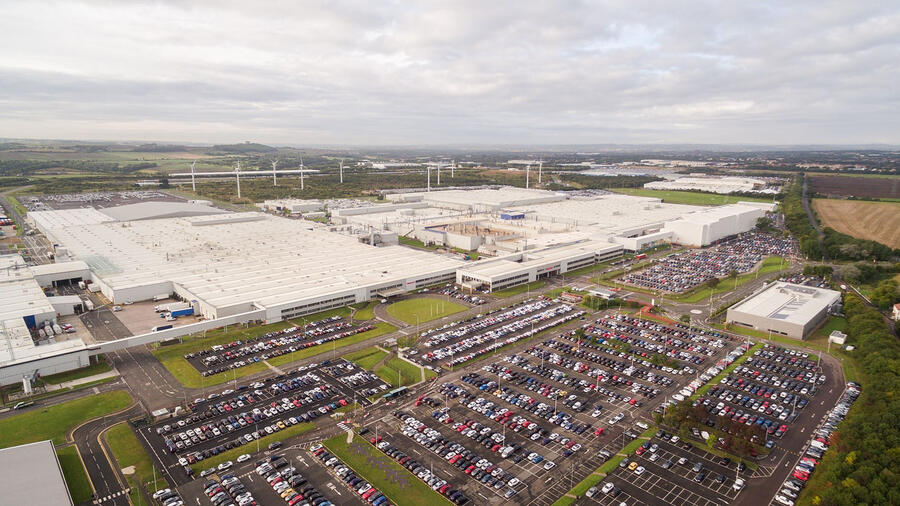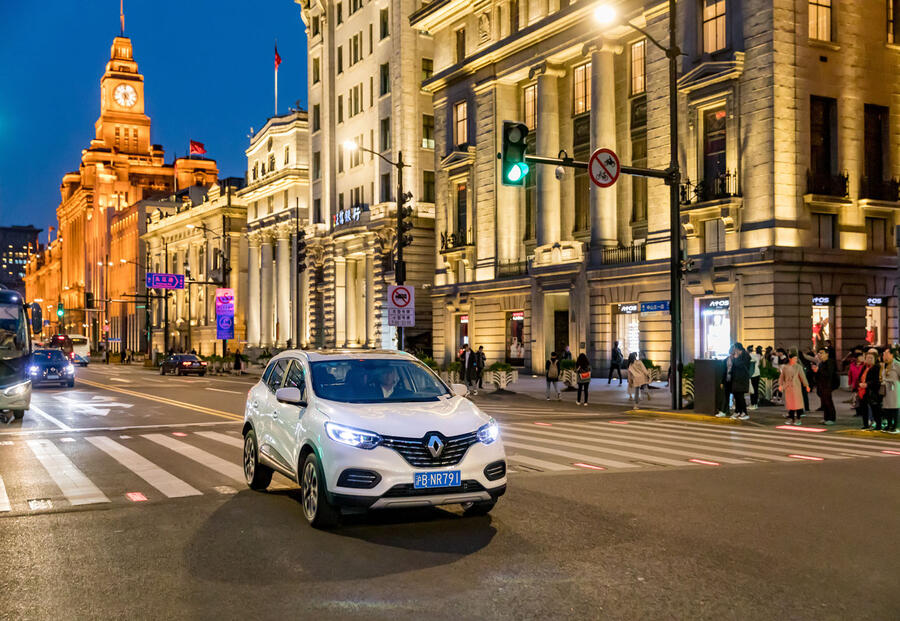While the Renault-Nissan-Mitsubishi Alliance seemed wobbly after the sudden fall from grace of the all-powerful Ghosn, the crisis that has arisen will instead make it closer than ever.
“As it happens to FCA and PSA, the crisis will force the members of the Alliance to strengthen it,” says Felipe Muñoz, Jato Dynamics’ global analyst. “The Japanese market is due to become a strong market compared with its peers in the West, so the Alliance makes even more sense for a company like Renault that’s highly exposed to the European downturn.”
After Renault’s exit from China, the Alliance recently announced it would restructure itself based on global spheres of influence. Nissan will lead in China and the US, Renault in Europe and Mitsubishi in South-East Asia. The move is designed to stop overlap in operations and research and development and to ensure stronger global coverage.
However, what remains unclear is who will have the ultimate power and leadership in the Alliance post-Ghosn, if only to stop civil war breaking out and ensure decisions made deliver for all parties.
A further complication is what the French government thinks of it all given that it owns a 15% stake in Renault. “We still need to understand what role will the French government play in the rescue of its economy and its key companies, including Renault,” says Muñoz. “Its role will determine how close Renault and Nissan can get.”
Are the best days of Nissan Sunderland now behind it?
It’s a mixed bag for Nissan’s Sunderland factory: production volume has been falling for a number of years and last year dropped by a fifth over 2018, totalling 346,535 vehicles. The Japanese firm also cancelled plans to build the next X-Trail there, blaming the diesel sales downturn and uncertainty over Brexit.
On the other hand, Nissan is clearly committed to the site, having invested £400m to produce next year’s third-generation Qashqai in the north-east. It also produces the Leaf, one of the biggest-selling EVs in Europe, and the Nissan Juke, another popular SUV.
Nissan’s chief operating officer, Ashwani Gupta, said in March that the investment showed the company’s confidence in the factory, which he described as “best in class”. However, he added that its business model is “not sustainable” in the event of a Brexit deal that puts up major barriers to trade between the UK and the EU.
Another possibility for Sunderland was thrown into the mix last month. Renault confirmed that it would shut its Barcelona factory - and there are as-yet unconfirmed reports that Nissan is in talks with its French partner to build the Renault Captur and Renault Kadjar SUVs at Sunderland in a bid to consolidate production and boost the fortunes of the plant.












Join the debate
Add your comment
It makes sense to make the
It makes sense to make the Kadjar alongside the similar Kashqai in Sunderland, just as it made sense to make the current Micra alongside the Clio in France as they are similar under the skin